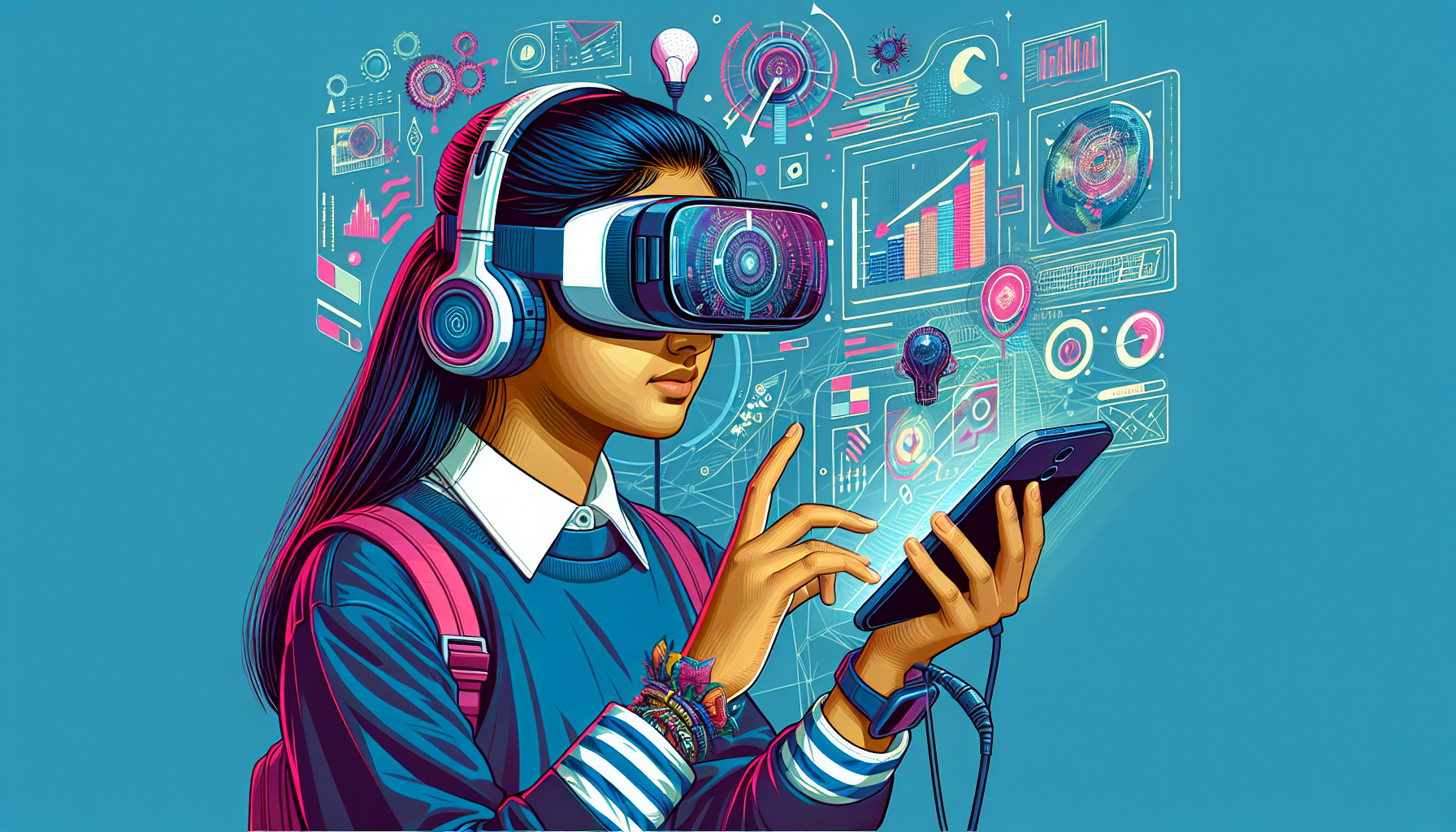Have you ever dreamed of having a personal tutor who understands your unique learning style, strengths, and weaknesses? Well, that dream is becoming a reality thanks to the incredible advancements in artificial intelligence (AI). AI-powered personalized learning is revolutionizing the education landscape, offering tailored learning experiences that cater to individual needs and preferences.
AI-Powered Personalized Education
Personalized learning is an educational approach that aims to customize learning for each student. It recognizes that students learn at different paces, have diverse interests, and possess varying learning styles. Traditional one-size-fits-all education models often fall short in addressing these individual differences. This is where AI steps in, offering powerful tools and techniques to personalize the learning journey.
How AI Personalizes Learning
AI algorithms can analyze vast amounts of data about students, including their academic performance, learning preferences, and engagement levels. This data-driven approach allows AI systems to identify patterns and make predictions about each student’s learning trajectory.
Adaptive Learning Platforms
AI-powered adaptive learning platforms are at the forefront of personalized learning. These platforms use AI algorithms to adjust the difficulty and pace of learning materials based on a student’s performance. If a student is struggling with a particular concept, the platform can provide additional support and resources. Conversely, if a student demonstrates mastery of a topic, the platform can offer more challenging content to keep them engaged and motivated.
Intelligent Tutoring Systems
AI-driven intelligent tutoring systems act as virtual tutors, providing personalized guidance and feedback to students. These systems can answer questions, explain concepts, and offer targeted practice exercises. They can also identify areas where students need additional support and provide customized interventions to address their specific learning gaps.
Personalized Learning Recommendations
AI can analyze a student’s learning history and preferences to recommend personalized learning resources, such as articles, videos, and interactive simulations. This ensures that students have access to the most relevant and engaging learning materials that align with their individual needs and interests.
Benefits:
The integration of AI in personalized learning offers numerous benefits for both students and educators:
- Enhanced Student Engagement: Personalized learning experiences cater to individual interests and learning styles, making learning more engaging and motivating for students.
- Improved Learning Outcomes: By addressing individual learning gaps and providing targeted support, AI-powered personalized learning can lead to improved academic performance and better learning outcomes.
- Increased Efficiency: AI can automate many routine tasks, freeing up teachers’ time to focus on providing individualized support and guidance to students.
- Data-Driven Insights: AI systems can provide educators with valuable data and insights into student learning patterns, enabling them to make informed decisions about instructional strategies and interventions.
Intersection of AI in Medicine and Education
Challenges and Considerations
While AI-powered personalized learning holds immense promise, it’s essential to acknowledge the challenges and considerations associated with its implementation:
- Data Privacy: Ensuring the privacy and security of student data is crucial. Educational institutions must implement robust data protection measures and adhere to ethical guidelines.
- Algorithmic Bias: AI algorithms can perpetuate biases present in the data they are trained on. It’s essential to develop and use AI systems that are fair and unbiased.
- Human-AI Collaboration: AI should complement, not replace, the role of teachers. Human-AI collaboration is key to effective personalized learning.
The Future of Learning
The future of AI-powered personalized learning is bright. As AI technology continues to evolve, we can expect even more sophisticated and effective personalized learning experiences. AI-powered virtual reality and augmented reality applications, for example, have the potential to create immersive and interactive learning environments that cater to individual learning styles.
